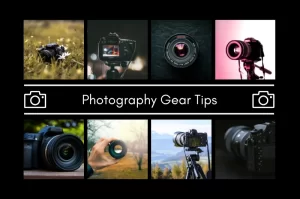I had a question come up on social media recently. One of my followers had a question about the importance of lens brand on photo quality. It was a good enough question that I felt I needed to address it here in a longer form. So, here’s the question of the day: “How important is lens brand on photo quality?”
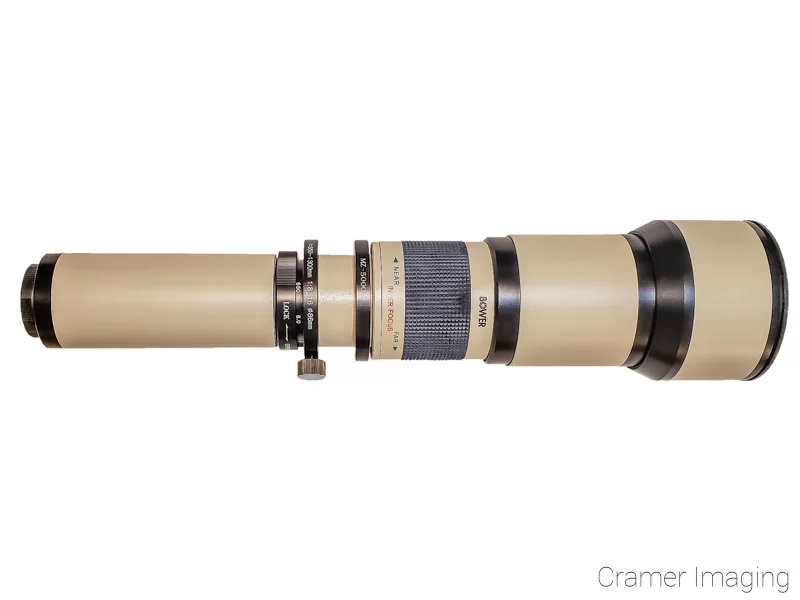
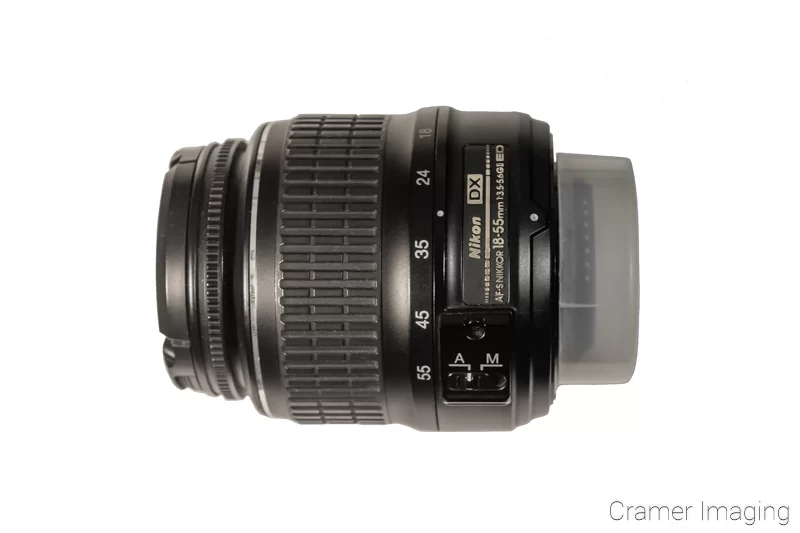
The Short Answer to Lens Brand and Photo Quality
The short answer to this question is “sort-of.” It can matter depending upon your individual circumstances. These circumstances can be broad or deeply involved. The long answer to this question is much more involved.
The Longer Answer to Lens Brand and Photo Quality
When it comes to lens quality, brand doesn’t matter as much as it sounds like (at least initially). What matters is how the lens performs. Is it sharp? Does it add in issues such as chromatic aberration? Does the lens lose sharpness at the edges when using the full lens for a photo? How well constructed is the lens? Is it waterproofed? Is the lens compatible with your camera body? The list goes on.
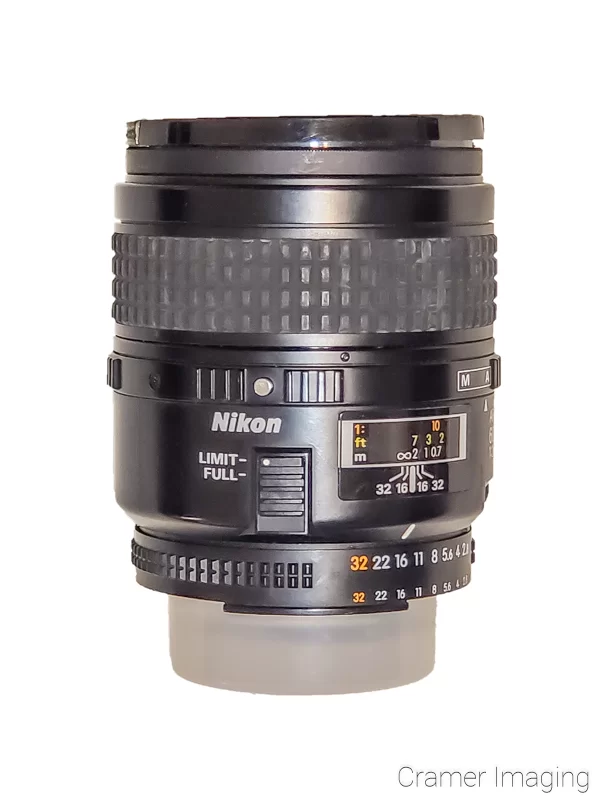
These are the kinds of questions you should be asking when it comes to lens quality. You need to ask about construction and quality. If a no-name brand can provide that quality of product, then there’s no reason why you shouldn’t consider that lens over a pricier lens with a known brand name.
Now, that being said, well-known brands build their reputation on quality. They build top quality products which produce top quality results. Companies like Nikon and Zeiss are well-known for top quality glass. They don’t make junk their prices reflect that. If they did put junky lenses out on the market, their reputations would be destroyed and they would not be able to charge the prices they do.
I was recently in the market for a new wide-angle lens for my landscape photography. I did some research into different lenses available. My research included well-known brand names and no-name brands as I wanted to not pay any more than I have to for the right camera lens. I was surprised to learn that several of the off-brands were performing very well in the space. So, I adjusted my shopping to include some of those brands as well. I also weighed my options and chose the lens which I felt was the right choice for me and my photography.
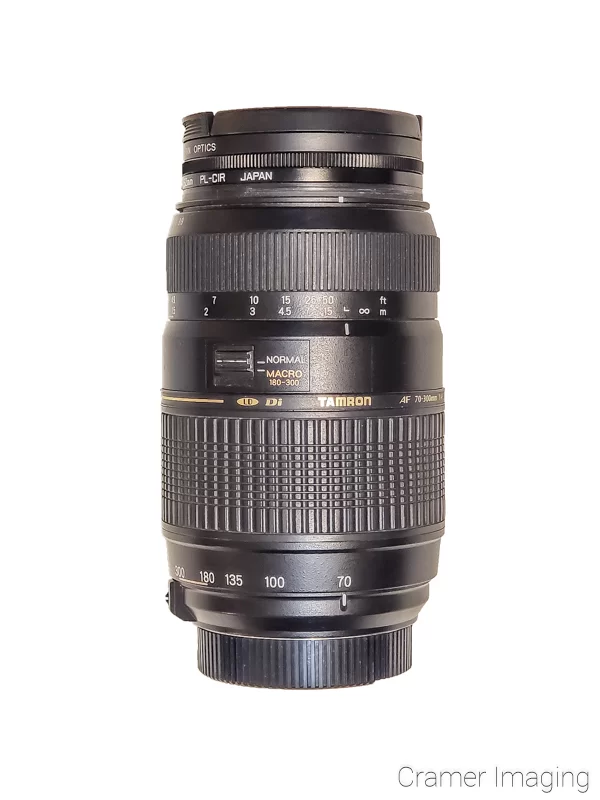
Another consideration is something which I discovered a few years ago. I was dreaming of the day when I might be able to enjoy my Nikon camera with some beautiful new Zeiss glass in front. Then I learned that Nikon won’t allow for auto-focusing for lens brands not headquartered in Japan. I think the reason is something to do with international treaties. I would have to look it up to be certain. Don’t quote me on the international treaties part until you confirm it yourself independently.
In my case, while brand matters, my lens brand matters less to me than quality lens construction and performance. As long as the lens is well-built and is sharp, I don’t care so much about brand. The lens, however, must work with my camera’s hardware and software. I did have to remove several different brands from my shopping list due to the fact that my camera will not auto-focus those brands of lenses. Your case may be very different from mine.
Conclusion
The take-away message here is to do your research and don’t be afraid to consider brands which you haven’t heard of if they will meet your photography requirements. Lens brand matters less than quality in matters like this. However, make sure that the lens you choose will work with the camera body you have or you will be wasting your money.



